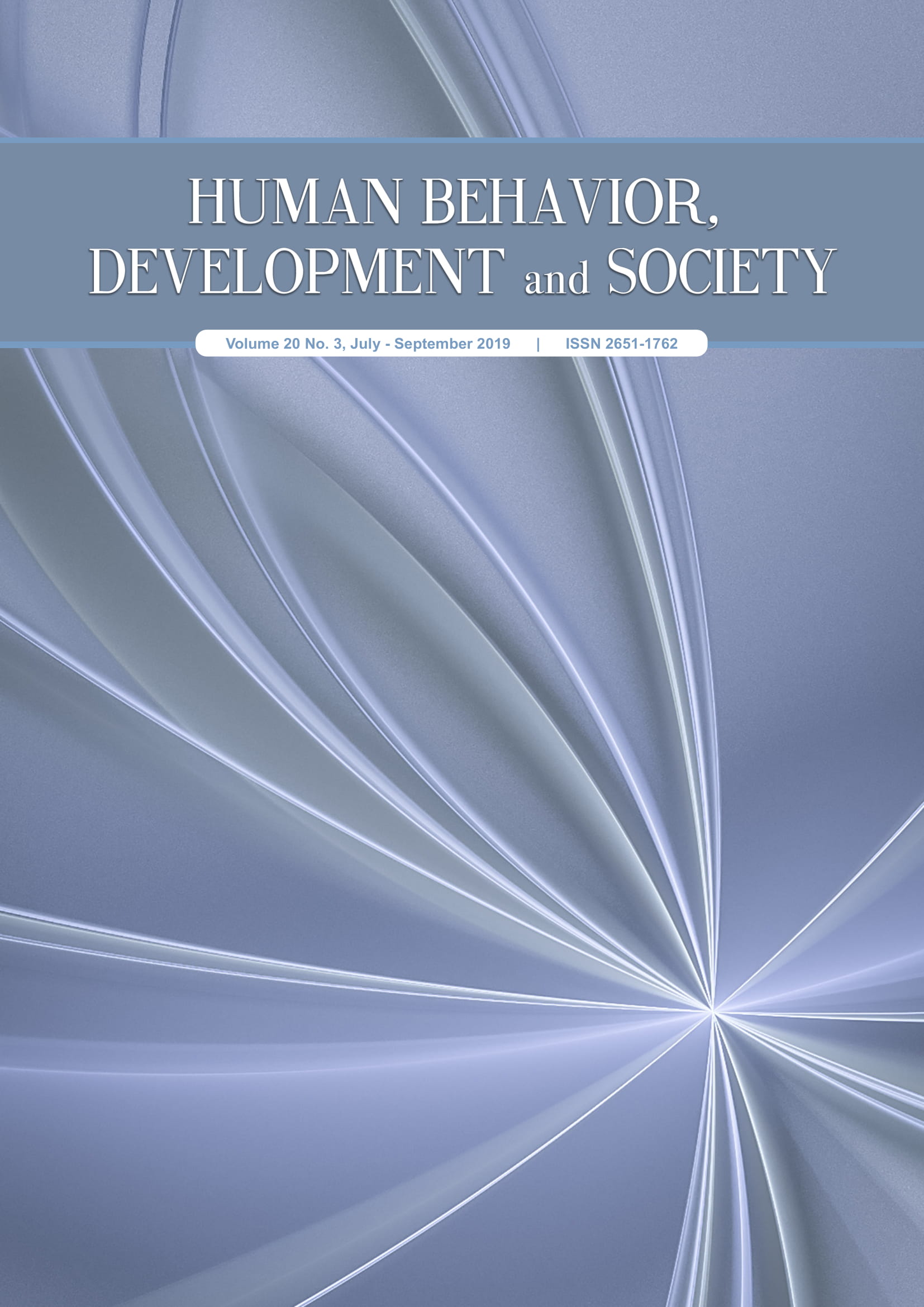Writing Wrongs: Offensive Language and Bad Romance in 1920s Siam
Main Article Content
Abstract
The efforts of Siamese elites to promote a tradition of Thai language and literature in the late 19th and early 20th centuries are well documented. Far less attention has been paid to the criticism engendered by their interventions. The narratives developed here suggest the limited nature of Chakkri cultural authority in the years just prior to the absolute monarchy’s overthrow. The first is an examination of how essayists writing for the popular press responded to Seventh Reign (1925-1935) linguistic reforms. The second is a consideration of how better-known writers of the period made use of romantic allegory to critique the prevailing dynastic order.
Article Details

This work is licensed under a Creative Commons Attribution-NonCommercial-NoDerivatives 4.0 International License.
Copyright: Asia-Pacific International University reserve exclusive rights to publish, reproduce and distribute the manuscript and all contents therein.
References
Akat D. R. (1972). Lakhon haeng chiwit [The circus of life]. Bangkok: Phraephitthaya.
Akat D. R. (1973). Phiw luang phiw khao [Yellow skin white skin]. Bangkok: Phraepitthaya.
Bhabha, H. (ed.) (1990). Nation and narration. London: Routledge.
Buppha N. (1963). Satru khong jao lon [Her enemy]. Bangkok: Bannakhan.
Buppha N. (1973). Kam kao [Past karma]. Bangkok: Khlang Witthaya.
Clifford, H. (1926; 1989). Saleh: A Prince of Malaya. Singapore, Oxford.
[Contesting North Star's view of the Thai language] Tuang khwamhen dao nua ruang phasa thai (1929, September 25), Krungthep Daily Mail.
Copeland, M. P. (1993). Contested nationalism and the 1932 overthrow of the absolute monarchy in Siam. (Unpublished doctoral dissertation). Canberra: Australian National University.
[For the Thai language] O wa phasa thai (1927, January 27), Pakka Thai.
Harrison, R. (ed.) (2014). Disturbing conventions: Decentering Thai literary cultures. New York: Rowman and Littlefield.
[Indecent books] Nangsue lamok (1927, June 24), Krungthep Daily Mail.
Jory, P. (2000) Books and the nation: The making of Thailand’s National Library. Journal of Southeast Asian Studies 31(2), 351–373.
Kulap S. (1932; 1979). Songkhram chiwit [The war of life]. Bangkok: Kophai.
[Matters of interest to us all] Ruang na ru samrap chao rao (1927, June 5), Sayam Riwiw.
[Me and you] Khapjao lae than (1927, June 4), Pakka Thai.
National Archives of Thailand (1924, September 20). Sixth Reign. Nakhonban, kromtamruat phranakhonban lae phuthon, rachakan tuapai [Ministry of the Capital; Department of the Police; General Affairs], 4. 1/213. Nangsue’phim mangkhon daeng [Mangkhon Daeng]. Phraya Athikon Prakat to Phraya Phetda.
[Our Thai language] Phasa thai khong rao (1929 September 4), Si Krung.
Phra Sarasat, [Thai language will no longer be Thai language] Phasa thai ja mai pen phasa thai (1929, August 15, 21 23; September 4), Krungthep Daily Mail.
[Siamese authors] Nakpraphan muang Thai. Ratsadon (1928, December 30).
So Bunsanu (1987). Tam roi lai sue thai [Following the tracks of Thai writing]. Bangkok: Phiwathin.
Sommer, D. (1990). Irresistible romance: The foundational fictions of Latin America. In H. Bhabha (ed.), Nation and narration (pp. 71–98). London: Routledge.
[Talking with writers of the day] Sonthana kap nakpraphan samai ni (1925, January 9), Sayam Ratsadon.
[Thai language] Phasa thai (1929, August 28), Si Krung.
[Thai Language] Phasa Thai (1929, November 21), Krungthep Daily Mail.
[Thai Language and Writing] Phasa lae nangsue thai (1927, August 3), Krungthep Daily Mail.
[Thai is not an Indian tongue] Phasa thai mai chai khaek (1929, November 22), Krungthep Daily Mail.
[Thai is not Khmer] Phasa thai mai chai khamen (1929, November 23), Krungthep Daily Mail.
[Thai writing and numerals] Nangsue lae lek thai (1927, June 16), Si Krung.
Thak C. (2018). Read till it shatters: Nationalism and identity in modern Thai literature. Canberra: ANU Press.
Thanapol, L. (2009). The emergence of the Siamese public sphere: Colonial modernity, print culture and the practice of
criticism (1860s–1910s). South East Asia Research 17(3), 361–399.
Thanapol, L. (2014). The Royal Society of Literature or the birth of modern cultural authority in Thailand. In R. Harrison, (ed.) Disturbing conventions: Decentering Thai literary cultures (pp. 37-62). New York: Rowman and Littlefield., 37-62.
[The benefit of a dictionary] Pathanukrom mi khun arai (1928, September 5), Thai Num.
[The condition of the Thai] Saphap khong khon thai (1928, August 22), Si Krung.
[The difference between the first and second editions of the dictionary] Pathanukrom khrang thi noeng kap khrang thi song tangkan yang rai (1928, May 4), Si Krung.
[The Existence of the Thai Nation Depends Upon the Thai Language 1] Chiwit khong chat Thai yu thi phasa Thai doi trong 1 (1929, October 1), Si Krung.
[The Existence of the Thai Nation Depends Upon the Thai Language 8] Chiwit khong chat Thai yu thi phasa Thai doi trong 8] (1929, November 14), Si Krung.
[The Thai alphabet should be changed to mark the 150th anniversary of the Chakkri Dynasty] Akson thai khwan plian rup pua fang prawat wai nai ngan 150 pi bang (1931, September 14), Si Krung.
Tooze, A. (1998). Imagining national economies: national and international economic statistics, 1900-1950. In G. Cubitt (ed.) Imagining the nation (pp. 213-224). Manchester: Manchester University Press.
[Was Taksin really crazy?] Jao Taksin ba jing ru (1926, November 30), Bangkok Kanmuang.
[Watching the heavens tremble] Hen sawan wai (1923, July 17), Bangkok Kanmuang.
[We should be careful about using language] Khwan rawang kanchai phasa (1929, April 28), Thai Num.


